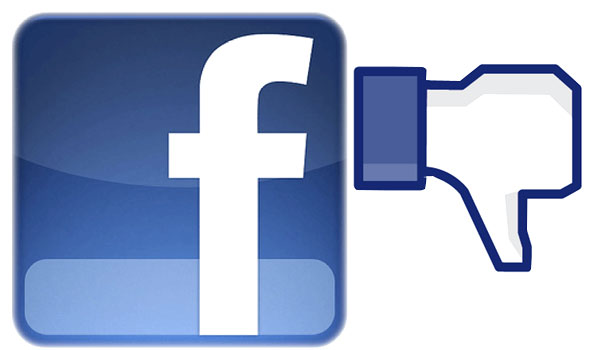Just after 6am this morning, Facebook as well as photo sharing site Instagram suffered outages, leading to speculations of a hack. Amidst the droves that took to Twitter to complain about the outage, the infamous hacking group Lizard Squad also tried to lay claim to the attack, stating: “Facebook, Instagram, Tinder, AIM, Hipchat #offline #LizardSquad”.
However, Facebook denied that it was an attack in a statement that read: “This was not the result of a third party attack” and that the outage “occurred after we introduced a change that affected our configuration systems”.
Adam Winn- Product Manager- OPSWAT said Facebook’s statement was highly credible given that “the outage was late-night Pacific time. If things were happening in California, 11:10pm is a very reasonable hour for system maintenance. In the past, Facebook has had maintenance from midnight to 2am.”
“The outage was global and simultaneous. IE: Only the most well-crafted DDoS would shut down all these affected services, all across the globe, at the same instant,” he continued. “That type of monumental effort would have come with much louder bragging by Lizard Squad.” In addition, “the duration of the outage was a very round number. That’s often a strong indicator that the root cause was a configuration with some TTL or other required time interval to propagate and repair.”
According to Guillermo Lafuente, security consultant for MWR InfoSecurity, it is more plausible that a technical fault led to the outage rather than a DDoS attacks since “a DDoS attack would have made Facebook and all other websites completely unreachable rather than being accessible with an error message displayed.
“As Facebook uses several datacenters around the world, a DDoS attack would be more likely to affect users of a particular region. In this case, the issue affected all users around the world, which further supports Facebook claims that the problem was a configuration issue caused by their own engineers.”
Amichai Shulman, CTO Imperva, surmised that the outage occurred due to an overflow in the time register. “We have seen in the past small, overlooked software glitches who took down large networks,” he said. These are usually related to a register or counter kept in smaller memory storage than required. Because of the wide spread of this I’d guess it has to do with some register that keeps time that overflowed.”
It was not only Facebook that was affected, Instagram, Tinder, AIM, Hipchat and MySpace were also down. Lafuente attributed this to the fact that these sites “rely on Facebook to provide their services. Therefore an issue with Facebook services would affect all the sites.”
As far as Lizard Squad is concerned, Lafuente said, “even if at a latter point it is proven that they were lying, they already have achieved what they were looking for: publicity. As more and more hacking groups compete for fame it is likely that we will see more often this kind of situations.”
“People will continue to take credit for hacks so long as there’s no downside,” continued Winn. “Somewhere between Pascal’s Wager and catch-22, Lizard Squad takes credit for an apparent attack when the only group who can discredit them would have to do so by revealing their own mistakes.”
TK Keanini, CTO at Lancope hopes that this incident shows how complicated the process of attribution really is in the Internet age. “On one end of the spectrum, we have bad actors hid
ing and evading detection and on the other hand stepping out and claiming responsibility for incidents they were not a part of,” he said. Given that Facebook is on record claiming it was in internal glitch, I’m going with that story.”
“With the massive scale of users, data, and activity on Facebook, I’m surprised that these errors don’t happen more often. Facebook hires and retains the top talent in the industry but we are all human and sometimes mistakes happen. This mistake was detected quickly and the outage was limited which is all one can hope for when handling exceptions,” Keanini concluded.








